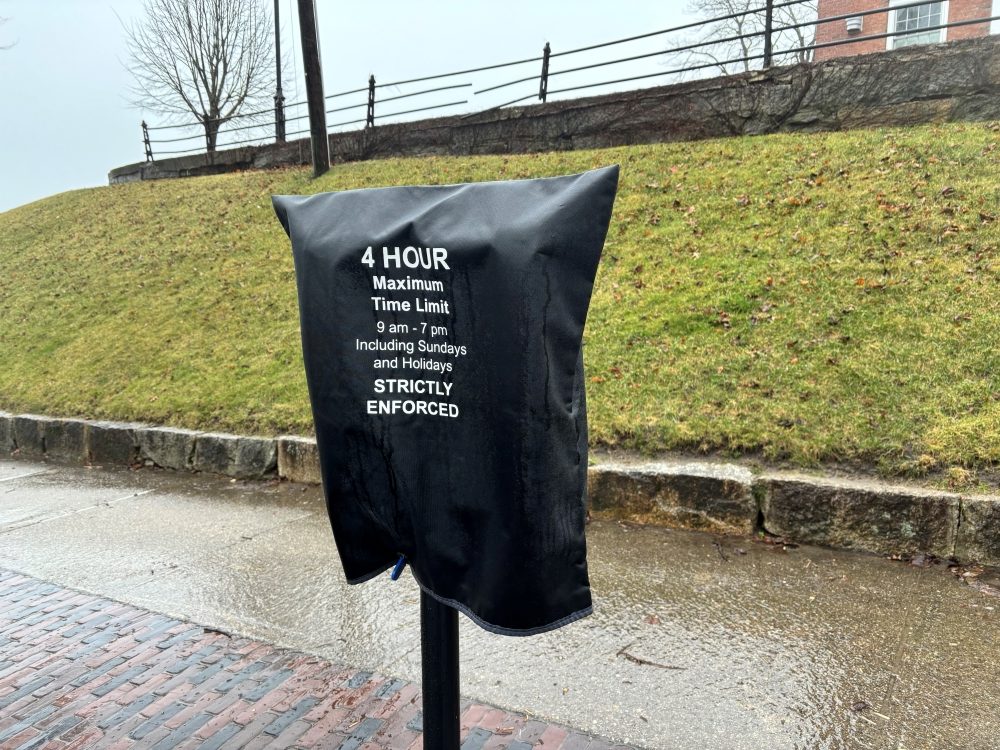The recent article regarding parking in Plymouth was informative and timely. Plymouth residents and visitors are urged to check the Park Plymouth website for a fuller understanding of how paid parking works in Plymouth, where to find the best parking spaces, and why turnover of parking spaces is essential to the economic well-being of downtown and waterfront businesses.
However, some of the comments offered conveniently fuel a misguided narrative. Here are some counterpoints to balance the discussion:
- Offering free parking on holidays is a goodwill gesture, but it’s counter-productive when the parking supply is limited as it is in Plymouth. Without paid parking, there would be little parking space turnover, and tourists wouldn’t come to Plymouth for fear of not finding a parking space. Business owners and their employees would occupy all the spaces closest to their workplaces, and business/restaurant owners would experience substantial drops in business activity. It’s worth noting that Salem has paid parking all year long, while paid parking in Plymouth is only seasonal (8 months). Salem enforces paid parking regulations from 8 a.m. to 8 p.m. in their downtown district, while Plymouth enforces them between the hours of 9 a.m. to 7p.m.
- Paying for parking won’t interrupt your dining experience. There are many ways to pay for your parking conveniently for the entire duration of your stay (or dinner) – up to 7 pm if you choose to – without any hassle.
- The [Plymouth Growth and Development Board] PGDC/Park Plymouth has done more to address the scarcity of parking in Plymouth than it ever gets credit for. They purchased multiple surface parking lots for public use and financed the design and construction of the Town Hall garage – a $6.7 million project the town never publicly recognized with a ribbon-cutting ceremony. You can find a list of contributions made by PGDC/Park Plymouth totaling millions of dollars to support town infrastructure and annual events on their website.
- The Ride Circuit EV shuttle service downtown during the summer months that moves visitors from their parking spaces to local businesses free of charge was initiated in 2020 by PGDC/Park Plymouth, not SEE Plymouth. The PGDC spent considerable money to install EV charging stations in the Town Hall garage for the EV vehicles. When the COVID crisis ended, SEE Plymouth “hijacked” the Ride Circuit initiative in 2022, falsely taking credit for its origination, and spent $150,000 in town (Visitors Bureau) monies to “manage” the program while dismissing the PGDC’s (then) ongoing commitment to fund the entire program. When faced with no funding to continue the program this upcoming summer, PGDC/Park Plymouth once again agreed to provide substantial funding to continue the program. The Ride Circuit program is viewed as an essential adjunct to the parking program.
- Ridiculing Park Plymouth over its handling of cars parking for extended periods in a lot in the name of “parking equity” is misguided. The Town of Plymouth owns most of the parking lots and all on-street parking spaces in Plymouth; Park Plymouth only “manages” and enforces restrictions (time and cost) on their use in partnership with the town. Rules and regulations regarding how long a vehicle can park on town property (lot or street) are the responsibility of the Town to issue and the Police Department to enforce. Park Plymouth has no unilateral authority to remove a vehicle from town property; that is a joint responsibility shared with the Town.
Overall, your article was very thoughtful and an insightful contribution to the conversation on parking in Plymouth. This is the kind of reporting that has been missing and sorely needed in Plymouth.
David Friend
Friend is the former director of Park Plymouth.

